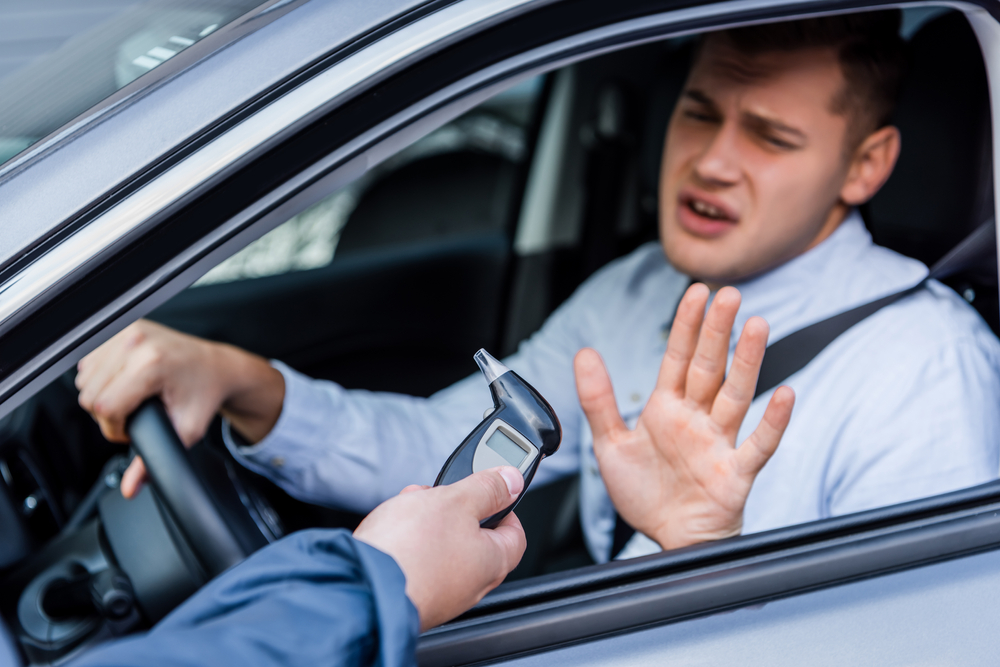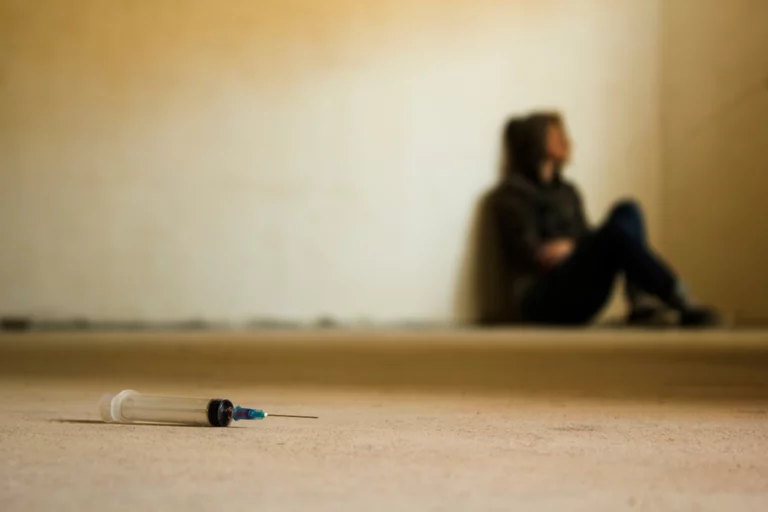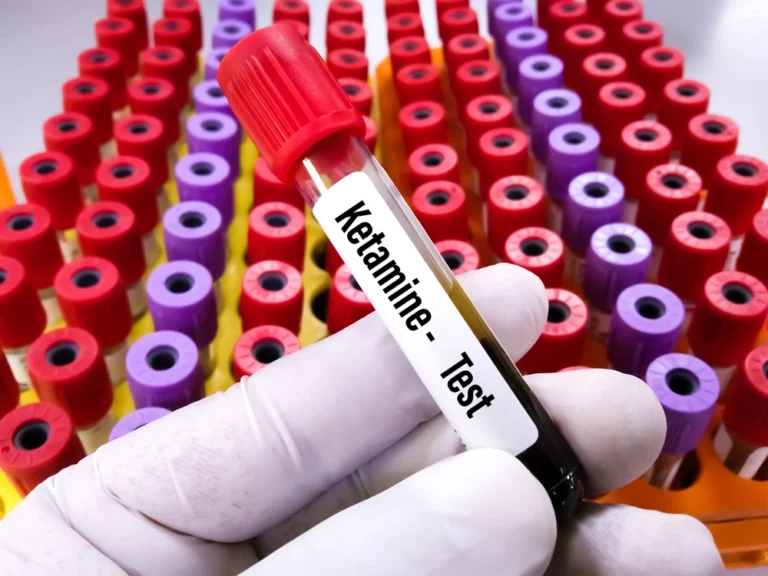How Long Does Alcohol Stay In Your Breath?
As individuals drink alcohol, they may wonder,” How long does alcohol stay in your breath?” Understanding how the presence of alcohol can be on something as transient as our own breath may be challenging at first. However, breathalyzers, a tool associated with field sobriety tests, hold the key to answering this question and more.
In this article, we will discuss how the body metabolizes alcohol, how long alcohol stays in your system, how long a breathalyzer can detect alcohol, and how to manage alcohol on the breath.
How Does Your Body Metabolize Alcohol?
To understand how long alcohol stays on your breath, we must first discuss how the body metabolizes alcohol. This metabolism process happens in the liver through various pathways. The most common ones involve two important enzymes: alcohol dehydrogenase (ADH) and aldehyde dehydrogenase (ALDH). These enzymes work together to break down alcohol.
First, ADH changes alcohol into acetaldehyde, which is super toxic and even linked to cancer. Then, acetaldehyde gets turned into a less harmful substance called acetate. Finally, acetate is broken down into water and carbon dioxide, which the body can quickly eliminate. However, acetaldehyde is a toxin, and if your body can’t convert it quick enough, it can cause facial flushing, nausea, vomiting, tachycardia, and hypotension.
This process is the same for everyone. However, factors such as gender, age, weight, and the amount of alcohol consumed can impact how quickly this process happens.

How Long Does Alcohol Stay In Your System?
For most individuals, alcohol will stay in your system for 6 to 72 hours, depending on the test used, body composition, and alcohol consumption. To see how long alcohol stays in your system, there are various tests used. These tests measure the blood alcohol content (BAC) in an individual’s system and are used in various settings, such as DUI or workplace testing. The detection times for these tests are as follows:
- Breath Tests: Breathalyzer tests are commonly used to assess recent alcohol consumption, particularly for legal and safety purposes. They measure the alcohol content in your breath, which correlates with the alcohol concentration in your blood. Breath tests can reveal alcohol for about 12 to 24 hours after drinking.
- Blood Tests: Blood tests are highly accurate in measuring current blood alcohol levels. They can detect alcohol in your bloodstream for up to 12 hours after consumption. However, it’s worth noting that alcohol is metabolized relatively quickly, leading to a shorter detection time than other methods.
- Urine Tests: Urine tests are versatile and can detect alcohol for approximately 12 to 24 hours after consumption. In cases of heavier alcohol use, alcohol metabolites can linger in urine for up to 72 hours or more. These tests are often used in various workplaces and legal settings.
- Saliva Tests: Saliva tests offer a convenient way to detect recent alcohol intake. They work by analyzing the alcohol content in your saliva, showing recent alcohol consumption. Saliva tests are effective for approximately 12 hours after drinking.
- Hair Follicle Tests: Hair tests provide a unique perspective on alcohol consumption, offering a longer detection window compared to other tests. Traces of alcohol can be found in hair for as long as 90 days after consumption. This makes hair tests valuable for identifying patterns of alcohol use over an extended period.
Effects of Alcohol On The Body
Drinking alcohol can cause many dangerous side effects to occur, leading to damage to our physical and mental health. Some of the most common side effects of alcohol include:
- High blood pressure
- Liver damage and inflammation
- Irregular heart rate
- Impaired cognitive function
- Memory loss
- Depression
- Anxiety
- Stroke
Learn More: Alcohol Hallucinations: Signs, Causes, And Treatment
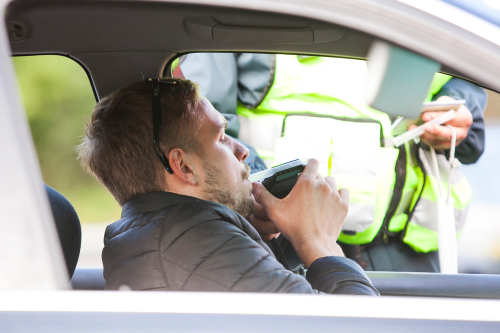
How Long Can Breathalyzers Detect Alcohol?
Breathalyzers have become synonymous with determining the presence of alcohol for legal and safety reasons. A breathalyzer measures the concentration of alcohol vapor in a person’s breath, indirectly estimating the BAC. When alcohol is consumed, it quickly enters the bloodstream and eventually reaches the lungs, where it evaporates and can be detected through exhalation.
As mentioned above, breathalyzers can detect alcohol on the breath for up to 12 to 24 hours, depending on various factors.
What Happens If You Fail A Breathalyzer Test?
Failing a breathalyzer test can have serious legal and personal consequences. To fail a breath test, an individual must have a BAC of 0.08% or higher, a sign of apparent intoxication, and above the legal limit for driving. The consequences of failing a breathalyzer test can vary from state to state. However, most individuals may end up with DUI charges.
In Kentucky, implied consent laws are present when operating a motor vehicle. This means that if a police officer has reasonable suspicion of drunk driving, individuals automatically consent to provide a breath test. If an individual refuses to submit to the test, it results in a suspended driver’s license. To prevent this from happening, it is crucial to understand how long alcohol stays on your breath and how to remove it.
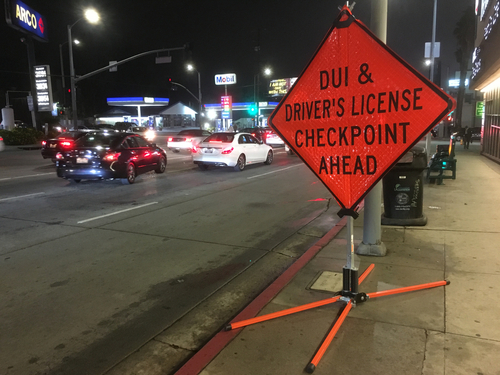
How Can You Remove Alcohol from Your Breath?
While it may take some time to remove alcohol from your breath, there are some strategies to use to help speed up the process. It’s important to note that these strategies will not eliminate alcohol from your system any faster. They will only expedite the removal of alcohol from your breath. Some of these strategies include:
- Drinking Water: One of the easiest ways to help dilute the alcohol on your breath is to drink water. Drinking water can aid in diluting the remnants of alcohol in your mouth, flushing out toxins, and reducing the odor.
- Practicing Oral Hygiene: Practicing good oral hygiene is a simple way to remove alcohol from your breath. Brushing your teeth and using dental floss can help remove residue from alcohol and significantly reduce the odor of alcohol. Alcohol-free mouthwash can also achieve this same result.
- Eating Crunchy Foods: Eating snacks such as apples, carrots, or celery can help stimulate saliva production and remove traces of alcohol. It’s important to refrain from eating strong-smelling foods such as garlic or onions as they can make the scent more pronounced.
- Maximizing Time: Allowing enough time between drinking and a breath test will give individuals the best chance of passing. The longer you give your body to metabolize the alcohol, the less presence of alcohol on your breath.
Read More: I Think My Child Is Addicted To Alcohol—What Should I Do?
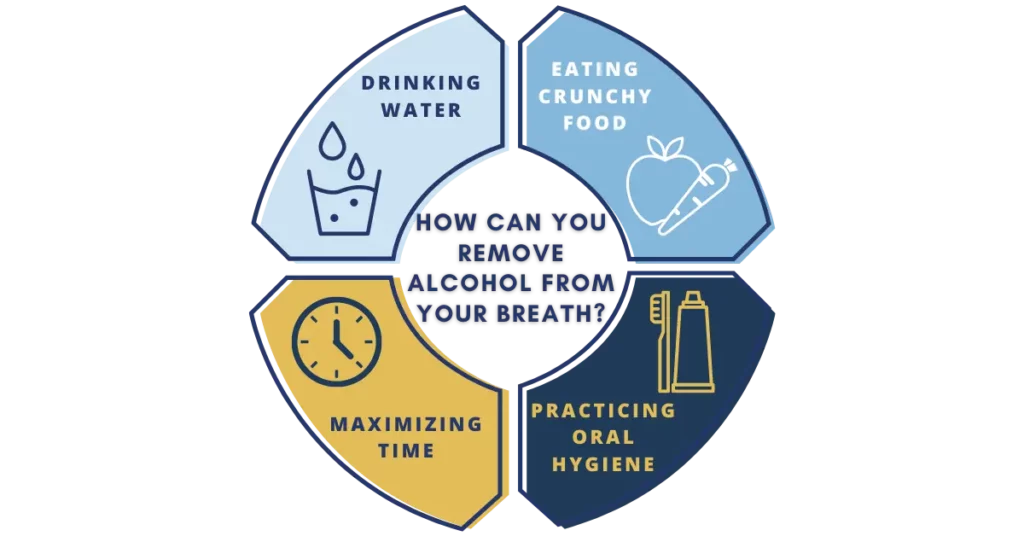
Alcohol Addiction Treatment in Louisville, KY
If an individual is drinking alcohol consistently and concerned about others noticing alcohol on their breath, they may be experiencing an alcohol use disorder. This is when an individual is addicted to alcohol, causing them severe side effects in their emotional, social, physical, and mental aspects of life.
At Louisville Recovery Center, located in Louisville, KY, we focus on treating the entire person, including their mind, body, and spirit. With our innovative, holistic, and individualized addiction treatment programs, we can address every aspect of addiction with our clients. We provide addiction treatment for various substance use disorders, including alcohol addiction.
If you or a loved one are suffering from alcohol addiction or other substance use disorders, contact our team today to learn more about our programs.

